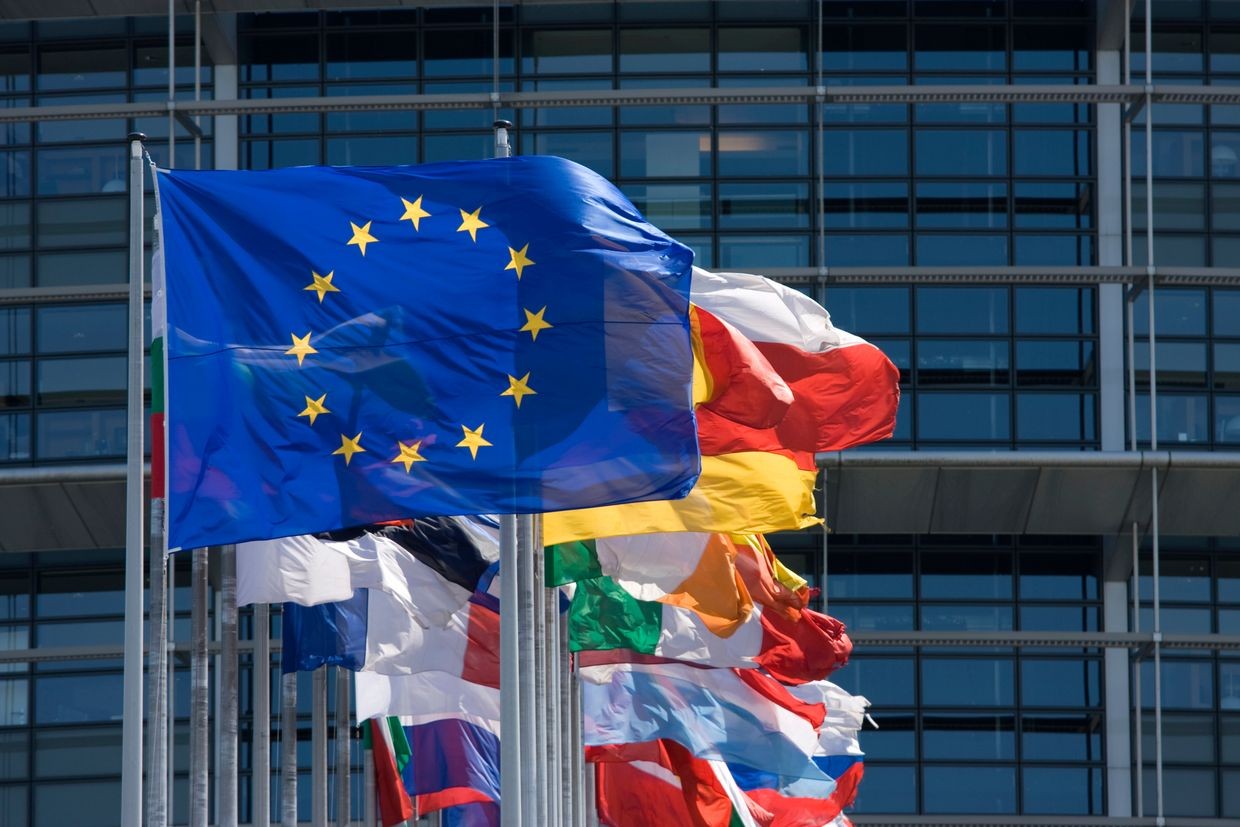
The embassies of 26 European countries in Georgia, as well as the EU Embassy, have issued a joint statement condemning ‘disinformation’ about their work in the country. The statement follows increasingly negative rhetoric from the Georgian Dream government against Western ambassadors.
The statement was published on Wednesday afternoon.
‘We firmly reject the baseless and damaging accusations about the role and activities of some diplomatic missions in Georgia. Such disinformation misleads the public and undermines [the] possibility for our diplomatic missions to carry out our duties’, the statement read.
The embassies highlighted that it was normal for diplomats to meet a ‘broad range of actors’ from across the political spectrum, as well as with civil society and the general public. They also noted this was ‘fully consistent’ with the Vienna Convention, a 1961 convention that emphasises the duty of diplomats to not ‘interfere in the internal affairs of that state’.
‘We do not support any particular political party and claims that we support violence and extremism are simply not true. As a matter of fact we appeal to all actors to reject and condemn any form of violence’, the statement continued, concluding with a call for ‘all political leaders to refrain from divisive rhetoric and to work towards [a] de-escalation of tensions’.
The joint statement follows continued attacks by Prime Minister Irakli Kobakhidze and other Georgian Dream officials against ambassadors from the EU over their alleged interference in domestic politics.
On 16 September, Kobakhidze claimed that a ‘large part of [EU] ambassadors present themselves to Georgian society as ambassadors of hatred’.
‘It is important that ambassadors act, first of all, in good faith, in accordance with the Vienna Convention, and do not blatantly fuel radicalism and hatred in the eyes of the public in our country’, Kobakhidze said.
He singled out Dutch Ambassador to Georgia Meline Arakelian, who met with the now-detained opposition politician Elene Khoshtaria before she was arrested for writing ‘Russian Dream’ on a Georgian Dream election banner.
‘This is a gross violation of the Vienna Convention, direct interference in democratic elections, and such behaviour is unbecoming of any ambassador’, Kobakhidze said of Arakelian.
The criticism was repeated by Georgia’s Parliamentary Speaker Shalva Papuashvili, who called Khoshtaria an ‘extremist politician’ on Tuesday, and accused Arakelian of ‘encourag[ing] extremism in Georgia’.
German Ambassador Peter Fischer has also been the subject of repeated attacks by Georgian Dream, most notably by Papuashvili, prompting a separate condemnation from Berlin.












